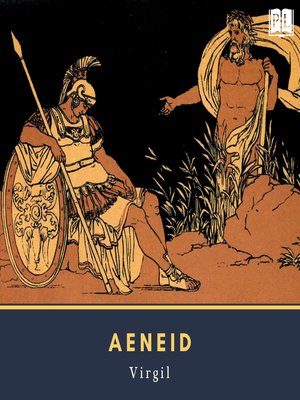

Now here's the funny thing: the same holds true for the Greeks and Romans – their records didn't go any further back either. That said, we don't really know what, because we don't have any older literature to use as evidence: the Iliad and the Odyssey are as far back as our records of written literature go. Now, there's no doubt that Homer's poems contain a lot of material that was handed down for generations before them. In fact, they're so old that many scholars now believe that they were composed orally, before the invention of writing, and only later committed to paper (papyrus, that is). As you may or may not know, Homer's epics are really, really, really old. Does that sound like a paradox? How about this: what makes Virgil's Aeneid connected to Homer's Iliad and Odyssey is also what makes it different from them.

If you want to get even more precise, you could say that the three epics are connected because the first half of Virgil's poem (Books I-VI) is modeled on the Odyssey, because it deals with the hero's travels, while the second half (Books VII-XII), which deals with warfare, is modeled on the Iliad. Another, more concrete, reason is that all three poems are centered on the famous Trojan War and its aftermath. One reason is because Homer is Greek and Virgil is Roman, so this trio of poems represents the two major ancient civilizations from which modern European culture traces its origins. There are some obvious reasons why we group these three poems together. Today, when we think of ancient epic poems (OK, maybe if we think of ancient epic poems – but we at Shmoop mean to change that), we tend to think of the big three: the Iliad and the Odyssey by Homer, and the Aeneid by Virgil.


 0 kommentar(er)
0 kommentar(er)
